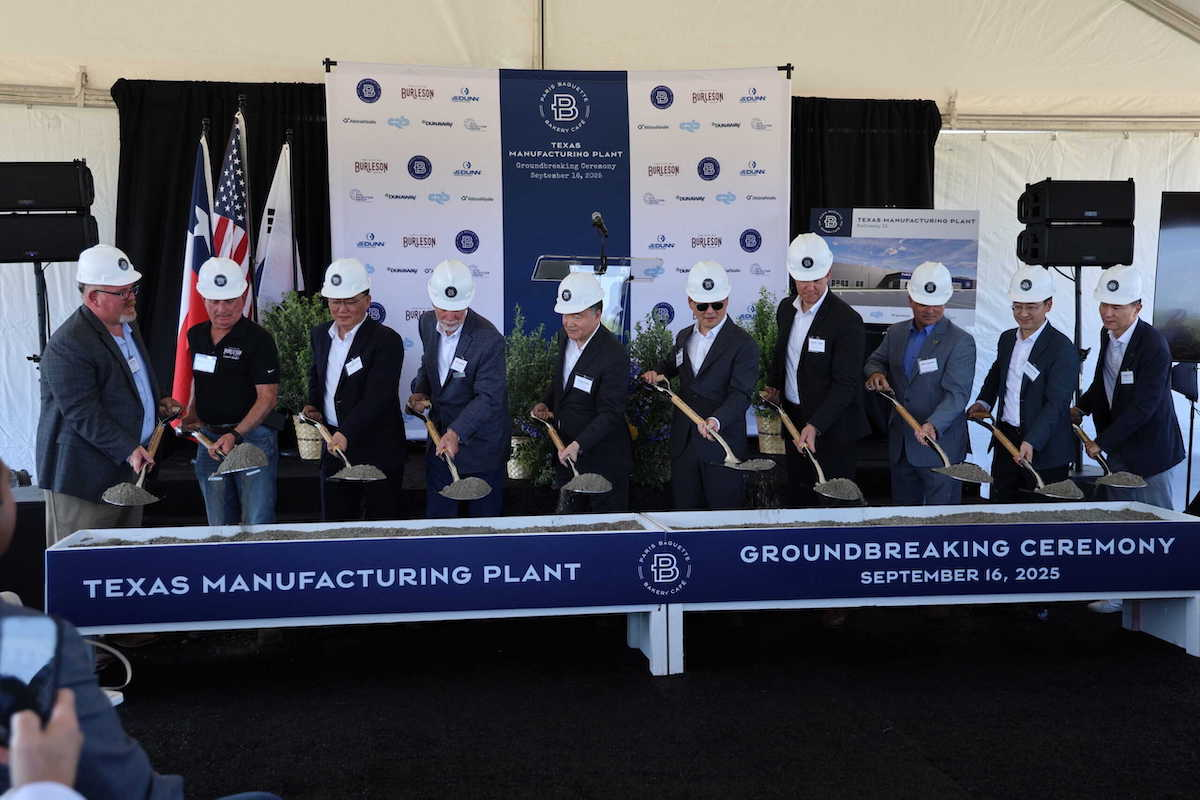AUSTIN, TX — The Texas Transportation Commission has approved historic funding for ship channel improvement projects that will support Texas’ economic growth, increase trade, generate jobs, and ensure seaports remain competitive.
The commission approved $400 million in Ship Channel Improvement Revolving Fund loans for two projects near Beaumont and Brownsville, Texas. The funding is the result of a bill passed in the 88th Legislature and signed by Governor Greg Abbott in 2023.
“Texas ship channels and seaports are economic engines within our state, and I want to thank Governor Greg Abbott for his support for this vital industry,” said Texas Transportation Commissioner Steven D. Alvis. “Ship channel improvement projects are extremely costly, often making it incredibly difficult to make improvements. The foresight of the Governor and the Texas Legislature to make Ship Channel Improvement Revolving Fund loans available is critical to ensure Texas ship channels are prepared to accommodate larger vessel sizes, resulting in a more robust and resilient supply chain.”
The commission approved a loan of up to $357 million for the Sabine-Neches Navigation District (SNND) to begin deepening the Sabine Neches Waterway — the third-largest waterway by tonnage in the nation — from its current 40-foot depth to its authorized depth of 48 feet. This project is estimated to cost $1.8 billion, and the SNND is responsible for $600 million to finance its local share. It is anticipated this project will add 336,000 jobs and generate $200 billion in business activity and $6 billion in annual sales tax revenue. The waterway is also crucial to national security, supporting two U.S. strategic military ports.
The commission also approved a loan of up to $43 million for the Brownsville Navigation District (BND) to help fund the cost to deepen the Brazos Island Harbor Channel from 42 feet to its authorized depth of 52 feet. BND is responsible for $71.5 million of the total $139.5 million cost for this portion of the project. Following completion, the project will create an additional 800 permanent full-time jobs, increase export capability, and increase access to clean energy.






































































